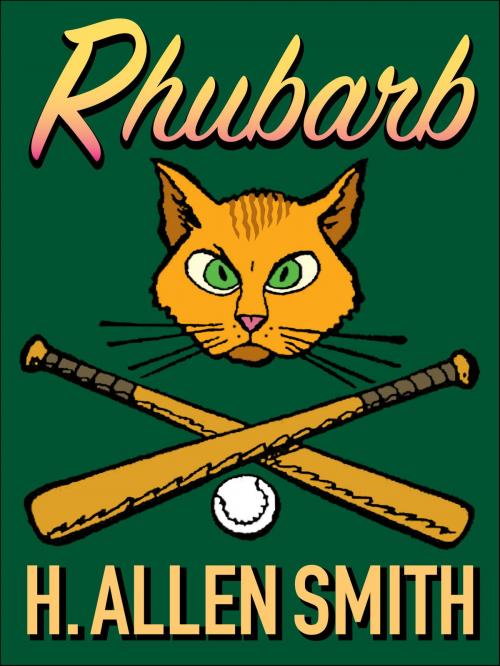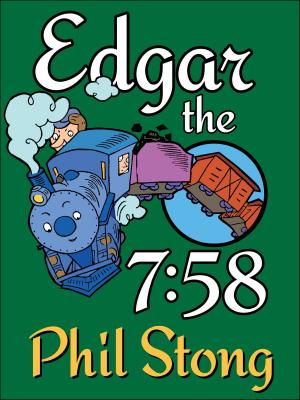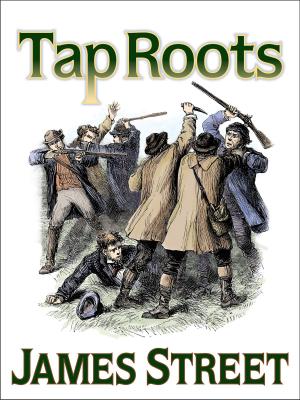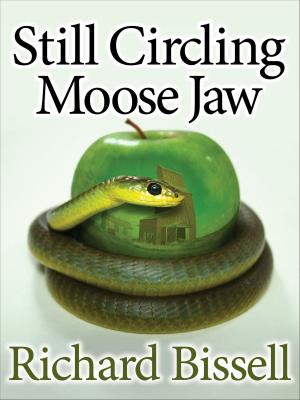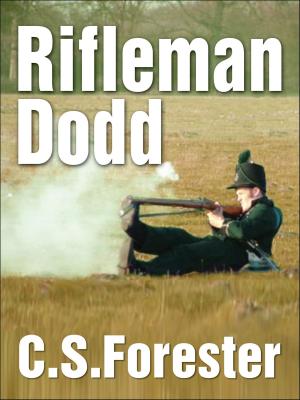| Author: | H Allen Smith | ISBN: | 9781618868732 |
| Publisher: | eNet Press Inc. | Publication: | June 3, 2015 |
| Imprint: | Language: | English |
| Author: | H Allen Smith |
| ISBN: | 9781618868732 |
| Publisher: | eNet Press Inc. |
| Publication: | June 3, 2015 |
| Imprint: | |
| Language: | English |
A riotous, bawdy, and often slapstick story about a large yellow cat who, according to numerous complaints, had been assaulting dogs, stealing tennis balls, stalking mailmen, and attacking Macy's trucks. An eccentric millionaire who loathes all canines, is struck with admiration for any cat with the guts to go out and avenge his entire race and decides to adopt him.
Thaddeus Whitcomb Banner (the dog-hating millionaire), charmed by the cat's pugnacious attitude, calls his new pet, Rhubarb, a baseball term for a violent and noisy altercation. Rhubarb takes a liking to Thad and his press secretary Eric Yaeger, but he is indifferent if not downright vicious to everyone else. When his owner dies only forty-eight hours after signing his last will and testament, Rhubarb is there, sitting in his master's lap. In his will, Thad praises Rhubarb for his unsparing love and solace and thereby leaves him his entire fortune, including ownership of a professional baseball team, the New York Loons. Eric Yaeger is appointed Rhubarb's guardian, and Thad's daughter Myra, a mean-spirited young hipster doofus, is summarily disinherited.
Although initially reluctant to play baseball for a team owned by a cat, Loons players are tricked into believing that Rhubarb is a good luck charm and subsequently begin winning games. Meanwhile, Myra, not about to let a cat get away with her millions, begins a lawsuit to have the will invalidated, while her lawyer is part of a scheme to have Rhubarb murdered by a woman who has a mysterious connection to Myra. As for Eric, Rhubarb's frantic guardian ― well, Eric faces challenges only a fierce and concupiscent kitty cat can provide.
Post WW2 American comedies offered escapist entertainment for Depression-era audiences and were largely characterized by zany, fast-paced and unusual events, gags, screwy plot twists, barbs aimed at the leisure-upper class, verbal dueling and witty sarcastic dialogue ― Rhubarb is all that.
Rhubarb was made into a movie starring Ray Milland (available on DVD) by Paramount Studios in 1951 and inspired two sequels, Son of Rhubarb in 1967 and The View From Chivo in 1971.
A riotous, bawdy, and often slapstick story about a large yellow cat who, according to numerous complaints, had been assaulting dogs, stealing tennis balls, stalking mailmen, and attacking Macy's trucks. An eccentric millionaire who loathes all canines, is struck with admiration for any cat with the guts to go out and avenge his entire race and decides to adopt him.
Thaddeus Whitcomb Banner (the dog-hating millionaire), charmed by the cat's pugnacious attitude, calls his new pet, Rhubarb, a baseball term for a violent and noisy altercation. Rhubarb takes a liking to Thad and his press secretary Eric Yaeger, but he is indifferent if not downright vicious to everyone else. When his owner dies only forty-eight hours after signing his last will and testament, Rhubarb is there, sitting in his master's lap. In his will, Thad praises Rhubarb for his unsparing love and solace and thereby leaves him his entire fortune, including ownership of a professional baseball team, the New York Loons. Eric Yaeger is appointed Rhubarb's guardian, and Thad's daughter Myra, a mean-spirited young hipster doofus, is summarily disinherited.
Although initially reluctant to play baseball for a team owned by a cat, Loons players are tricked into believing that Rhubarb is a good luck charm and subsequently begin winning games. Meanwhile, Myra, not about to let a cat get away with her millions, begins a lawsuit to have the will invalidated, while her lawyer is part of a scheme to have Rhubarb murdered by a woman who has a mysterious connection to Myra. As for Eric, Rhubarb's frantic guardian ― well, Eric faces challenges only a fierce and concupiscent kitty cat can provide.
Post WW2 American comedies offered escapist entertainment for Depression-era audiences and were largely characterized by zany, fast-paced and unusual events, gags, screwy plot twists, barbs aimed at the leisure-upper class, verbal dueling and witty sarcastic dialogue ― Rhubarb is all that.
Rhubarb was made into a movie starring Ray Milland (available on DVD) by Paramount Studios in 1951 and inspired two sequels, Son of Rhubarb in 1967 and The View From Chivo in 1971.
